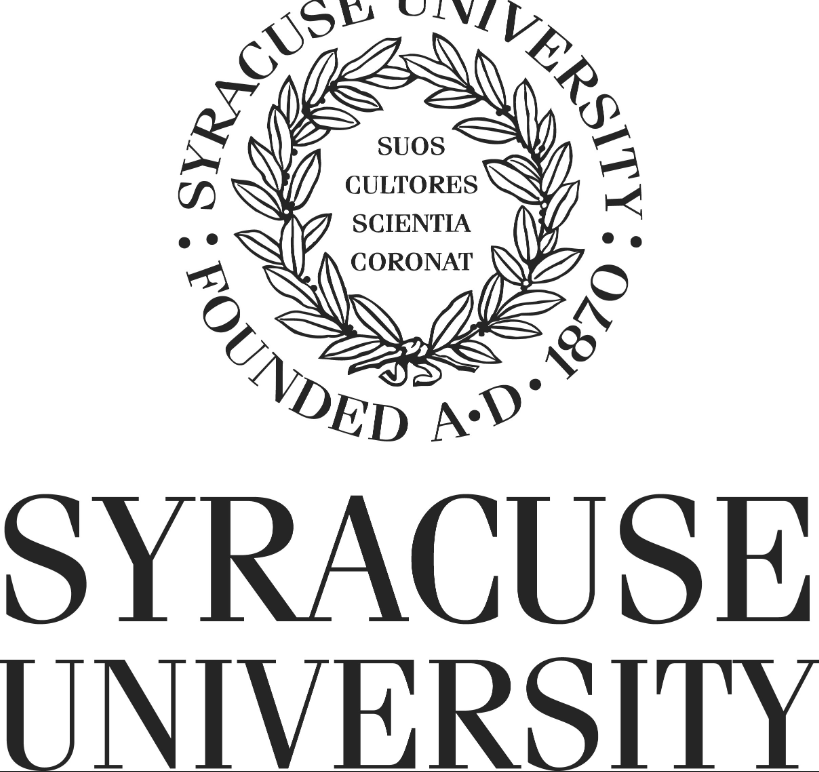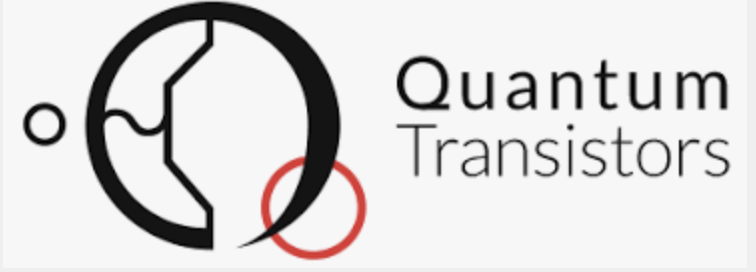Insider Brief
- Scientists report they have made meaningful progress in unravelling one of the most enigmatic phenomena in physics – superconductivity.
- The work revolves around the measurement of the “Loschmidt amplitude,” a fundamental quantum concept that is an integral part of fault tolerant quantum computing.
- The findings hint at the future of quantum computing-guided research that can tackle problems and open up scientific pathways that are impossible for classical devices.
Quantum researchers and companies are busy applying quantum computers to important use cases and striving toward practical quantum computing — and there’s nothing wrong with that.
But quantum computers may open up computational routes to the unknown unknowns, uses that have scarcely been imagined and ones that could pry the lid off of nature’s deepest mysteries.
A team of scientists say they may have made a major advance in just that direction, according to a Quantinuum blog post.
In a recent study posted on the pre-print server ArXiv, a team of scientists from Quantinuum, the National Institute of Standards and Technology (NIST), and the University of Maryland report progress in unraveling one of the most enigmatic phenomena in physics – superconductivity. Their work, made possible by the high fidelity all to all connectivity of Quantinuum’s H2-1 trapped-ion quantum computer, revolves around the measurement of the “Loschmidt amplitude,” a fundamental – and notoriously hard to implement – quantum concept that quantifies changes in a quantum system over time.

Superconductivity is a perplexing phenomenon where certain materials conduct electricity with zero resistance at extremely low temperatures. Understanding and harnessing this elusive property — especially at higher temperatures — has the potential to revolutionize multiple industries, from energy transmission to transportation.
The Loschmidt amplitude, a central concept in understanding phases of matter, such as superconductivity, measures how much a quantum system transforms over time. Imagine it as a way to track how different a quantum system becomes from its initial state after some time has passed.
The researchers write: “Measuring the Loschmidt amplitude is central to several proposed quantum computing algorithms, including one described in the seminal work of Lu, Banuls and Cirac (2019). Their algorithm is a non-variational, hybrid quantum-classical scheme aimed at obtaining equilibrium properties of quantum systems. This is the first experimental demonstration of the quantum computation required for this algorithm.”
While the growing list of quantum use cases — from logistics to finance — earn much of the current headlines, works like this may show how quantum will power the ultimate goal of science — unveiling the nature of reality, said Ilyas Khan, Chief Product Officer, Quantinuum.
“Nobel Laureate Herbert Kroemer famously coined what is now known as ‘Kroemer’s theorem’ which, in summary, states that the major applications and uses of a technology are those that are created by that technology itself, and not simply those imagined to be better mousetraps than moustraps that already exist,” said Khan. “The same will undoubtedly be true of quantum computers. It is clear that material discovery and certain functions derived from optimisation challenges will become helpful in doing certain things — such as option pricing — that are imperfect today. But the most important and major revolutionary application of quantum computers will come about precisely because they arise due to the use of this technology — quantum — and are not derivatives or copies of existing classical problems and algorithms. It is this aspect of quantum computing that promises to be impactful at a truly global and historic level. The reasons why we might be able to simulate physical systems and contemplate the nature of reality that lies bound and trapped within nuclear physics, so unlocking these challenges is also the route towards applications that we just don’t know about today.”
In a bid to expand the horizons of their research, the team focused their efforts on the “Fermi-Hubbard” model. This model is instrumental in shedding light on superconductivity. Classical computers struggle to explore fully. Notably, this aligns with the vision of renowned physicist Richard Feynman.
According to the post: “When Richard Feynman ‘launched’ the field of quantum computing with a famous talk in 1981, it was exactly this type of system he proposed we study with quantum computers: large quantum-mechanical systems that are difficult or impossible to effectively simulate classically.”
Quantinuum’s System Model H2
Measuring the Loschmidt amplitude poses a significant challenge because it’s what scientists term a “global observable.” Any error in the quantum calculation can profoundly impact the final results. This achievement underscores the exceptional precision of Quantinuum’s System Model H2 quantum computers, particularly their trapped-ion architecture, which enables near-perfect state preparation and measurement—an essential requirement for these very precise calculations. Until now, the Fermi-Hubbard model had been simulated with no more than 16 qubits, partly due to the complexity of gate operations involved.
“This paper explores the model on 32 qubits and includes a number of difficult elements; such as Schrodinger cat states, deep circuits, and complex Hamiltonians, making for a powerful demonstration of the H2-1 system capabilities,” the researchers write.
While this achievement falls within the “NISQ” (Noisy Intermediate-Scale Quantum) era, it emphasizes that quantum computing can attain significant milestones even without error correction. It underscores the potential quantum methods hold over classical methods in the near future.
The team also pointed out a crucial advantage of using quantum computers to study exotic systems. Analog quantum simulators have made substantial progress in exploring these systems over the past decade. However, quantum computer may be able to expand the parameter space exploration beyond the confines of laboratory simulations, offering a broader perspective on these intriguing phenomena.
While more complex iterations of the algorithm are necessary to fully unlock the secrets of materials like superconductors, this research represents a crucial step towards solving long-standing challenges that have eluded classical methods. Quantinuum’s relentless pursuit of answers to these pertinent questions signifies a promising future where quantum computing may revolutionize our understanding of the natural world.
If you found this article to be informative, you can explore more current quantum news here, exclusives, interviews, and podcasts.



















